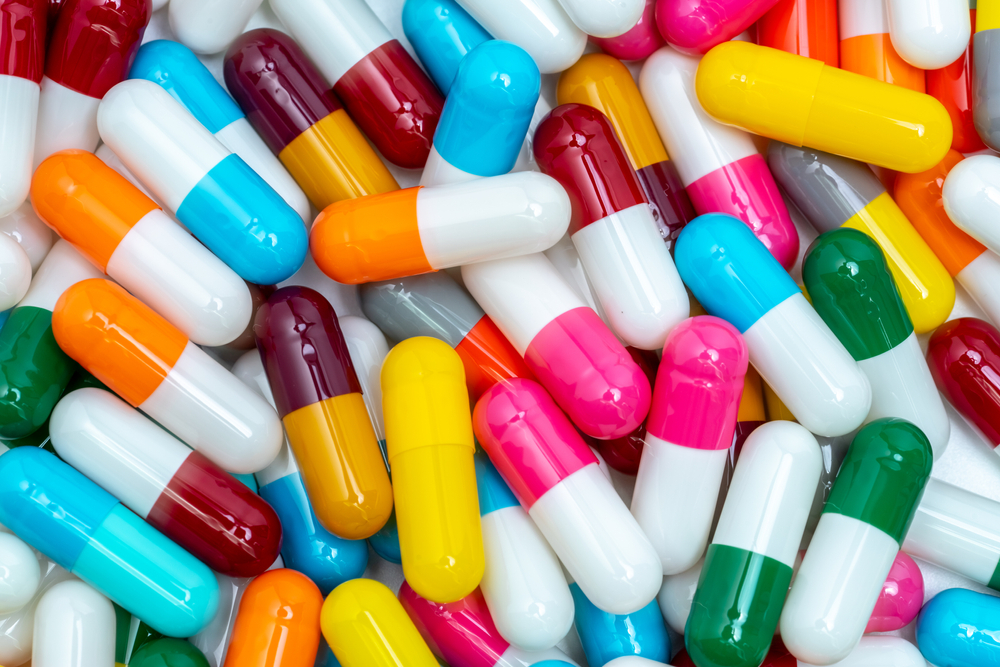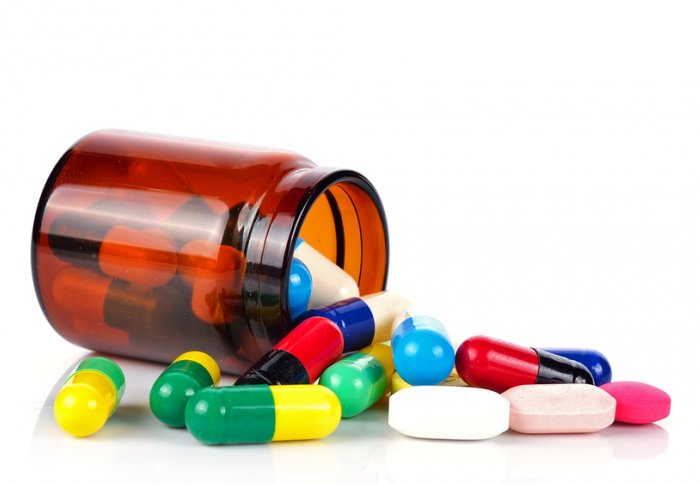Find out if you should avoid drinking milk while taking antibiotics. We break down the facts on how dairy affects antibiotic absorption and effectiveness.
Taking antibiotics can be an unpleasant experience. In addition to potential side effects like nausea or diarrhea, you also have to be careful about what you eat and drink while on medication.
One common question is: can I drink milk while taking antibiotics? Many people have heard that mixing dairy and antibiotics is a bad idea. But is this just an old myth, or is there any truth to it?
As a long-time health writer and drugs interaction checker enthusiast, I’ve done extensive research on antibiotic-food interactions.
The Science on Dairy and Antibiotic Absorption
The main concern with drinking milk while taking antibiotics is that the calcium in dairy can bind to some antibiotic molecules.
This prevents the full dose of medication from being absorbed into your bloodstream.
Studies show that tetracycline antibiotics, including deoxycycline and minocycline, bind very easily with calcium and other dairy components like magnesium.
In fact, research suggests that taking these tetracyclines with a glass of milk can decrease absorption by up to 50%!
Other types of antibiotics like ciprofloxacin and levofloxacin can also have absorption inhibited by calcium, although the effect is not usually as strong.
On the other hand, penicillin-derived antibiotics such as amoxicillin don’t seem to bind with calcium much at all.
Should You Avoid All Dairy When Taking Antibiotics?
So based on the science, milk and other dairy products clearly have the potential to reduce absorption of some antibiotics.
However, there are a few important caveats to keep in mind:
- Dosage matters: If you’re prescribed a high dose of an antibiotic like doxycycline, there may be enough excess medication that even with 50% absorption inhibited, you still get an effective dose. But if you’re on a lower preventative dose, dairy intake could drop levels below therapeutic range.
- Timing is important: You mainly need to avoid dairy around the time you actually take your antibiotic doses. As long as you take the medication on an empty stomach and wait 1-2 hours before having dairy, absorption shouldn’t be significantly affected.
- Not all dairy is equal: The calcium content varies in different dairy products. For example, there’s much more calcium in a glass of milk than a slice of cheese or a dollop of yogurt. So you may be able to enjoy small amounts of lower calcium dairy without an issue.

Best Practices When Taking Antibiotics
Here are some evidence-based tips on how to safely take antibiotics along with dairy products:
- Take antibiotic doses on an empty stomach with a full glass of water. Wait at least 1-2 hours before having dairy.
- Stick to lower calcium dairy options like cheese, yogurt, or ice cream instead of drinking milk. Limit portions around dose times.
- If taking tetracycline antibiotics, be extra cautious with dairy intake. Consider avoiding it altogether around dose times to ensure adequate absorption.
- Talk to your pharmacist or doctor about your specific antibiotic and dosage. Get their advice on managing dairy intake.
- Never stop an antibiotic early without medical guidance. Doing so can lead to antibiotic resistance.
The Bottom Line
Based on the scientific research, there are valid reasons to limit dairy intake when taking certain antibiotics like tetracyclines.
However, enjoying small amounts of low-calcium dairy or having milk and yogurt a few hours before/after taking your doses is unlikely to significantly impact absorption.
Just be sure to get advice from a health professional on your specific medication and dairy habits. Now you know the truth about mixing antibiotics and milk!


